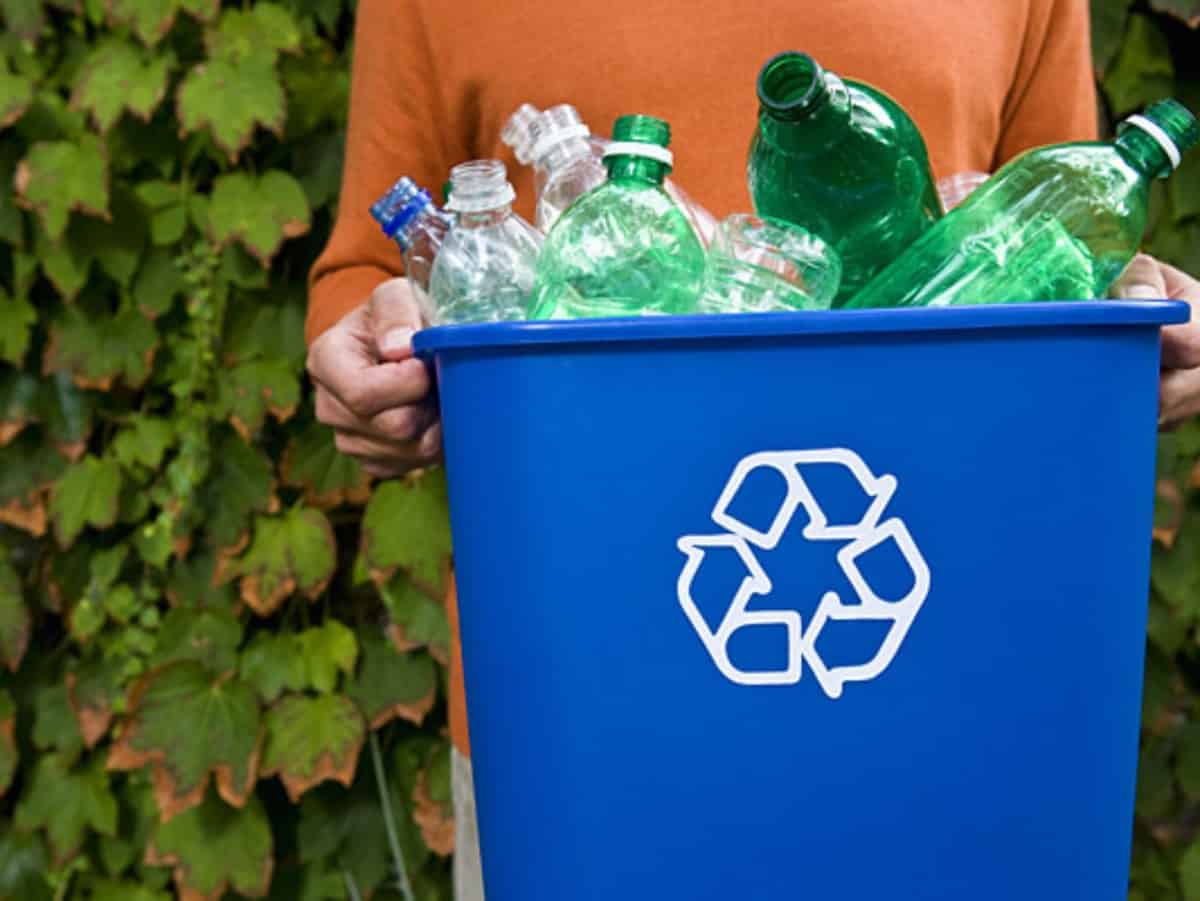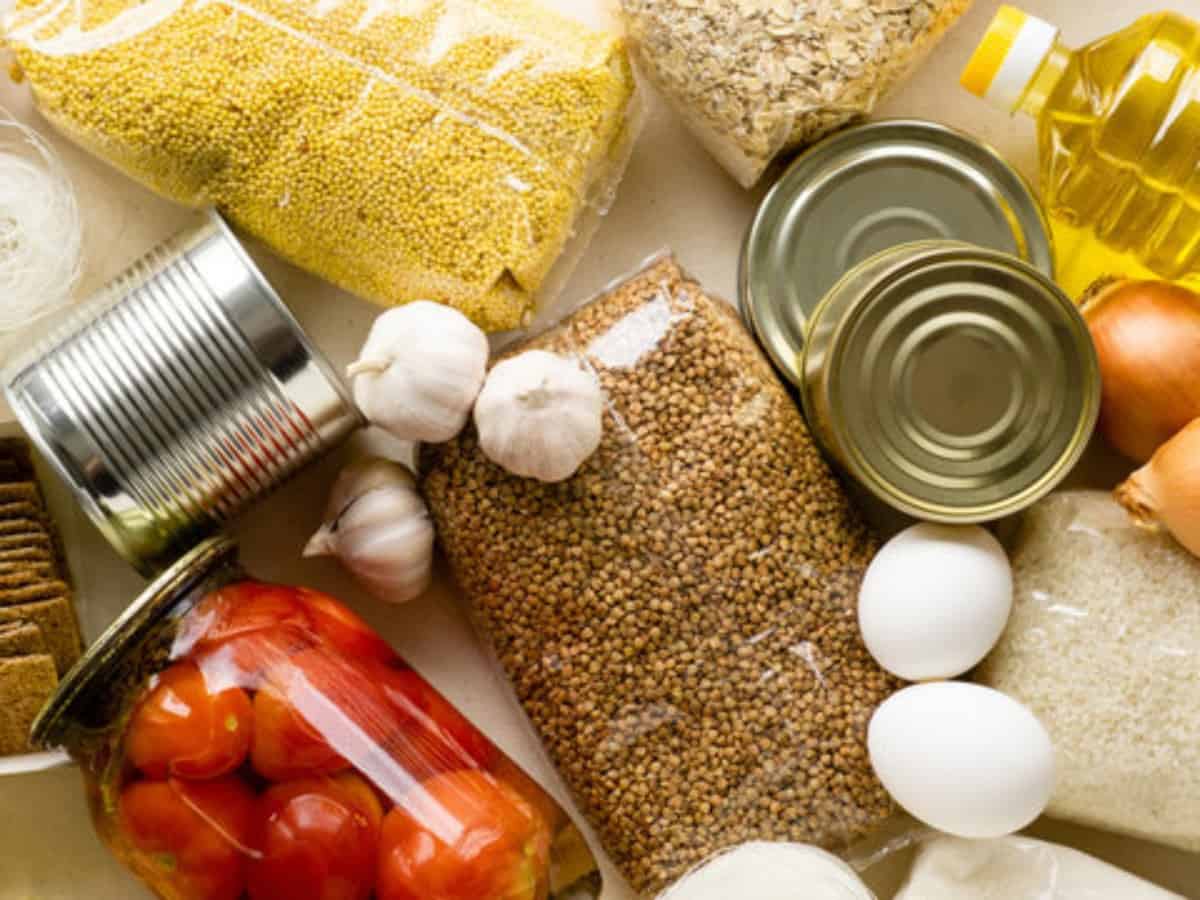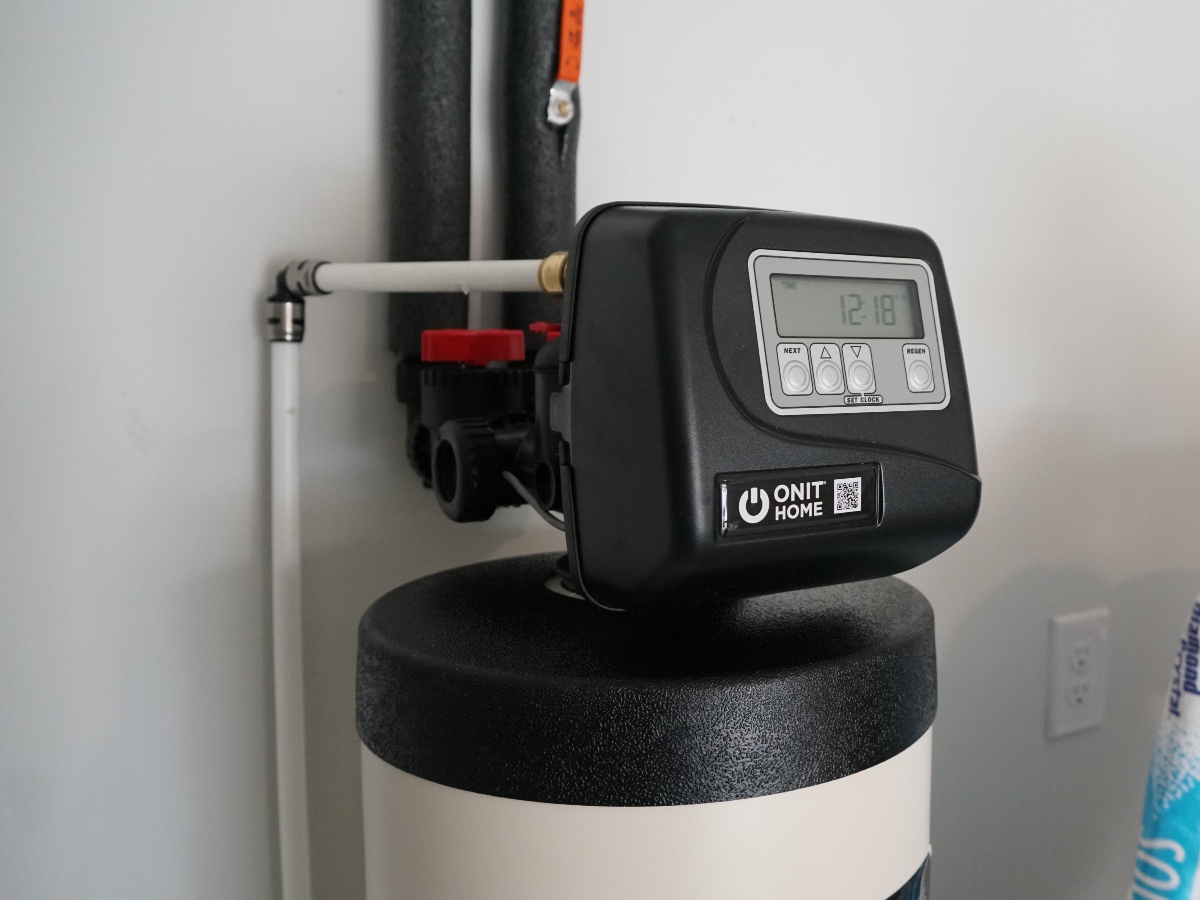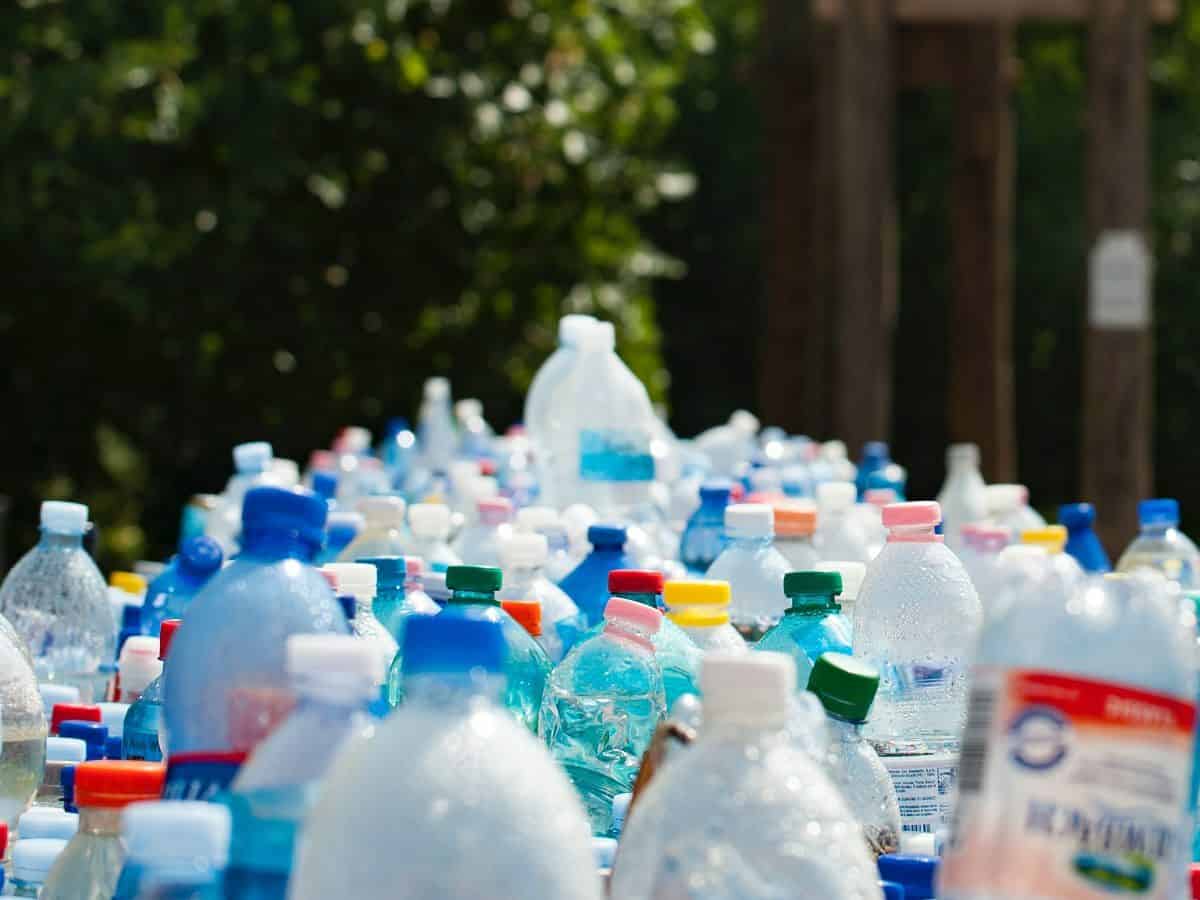Did you know that each person generates an average of 1.2 kilograms of garbage per day? Knowing this, excess waste can be avoided. That ideology is what the zero waste movement represents. It seeks to reduce the waste generated at home. Choosing this option would help homeowners and their families live in healthier surroundings, plus benefit our planet for years to come.
The Zero Waste Movement
The forerunner of this movement is Bea Johnson, who started with her family to lead a zero-waste lifestyle in 2008. Since then, people from all over the world have joined in on the initiative. So, what can we do to avoid generating waste? Let’s break down what this movement entails and how you can start transforming your day-to-day routine to focusing on zero waste.
The zero waste movement, or what is the same (zero garbage or zero waste) is based on incorporating a series of habits into our daily activities. This includes rejecting, reducing, reusing, composting, and recycling. The objective of this movement is to limit our impact on the planet in specific ways. The ultimate goal is not to generate any waste.

The Benefits of Going Zero Waste
The most obvious advantage of living a zero-waste lifestyle is waste reduction. This includes less pollution, less waste in landfills, and the use of fewer resources. However, there are other benefits to point out. It allows you to save money and save time. Let’s dive into how that works.
Saving Money
When you join the zero waste lifestyle, it helps you to become aware of how you can save money. It makes you think carefully about purchasing certain items that are eventual waste. Using the resources you purchase also means that you may be wasting them and then have to make new purchases as a replacement. You can also reduce trash by placing plastic in a recycled bin instead of the regular trash bag.
Saving Time
When you reduce the amount coming into your home, you can also reduce the time to clean up or put things away. In addition, when your resources are more waste-free, it means you don’t make so many trips to the local store and you spend less time with your buying decisions.
Promoting Healthy Eating
Having a zero-waste lifestyle helps promote a healthier lifestyle with food. For example, you are more likely to avoid junk food due to its wasteful packaging. As a result, you would stop eating those unhealthy forms of food. Instead, you’re able to buy food in bulk and store it in containers.
Teaching Children Important Lessons to Further Their Generation
When it comes to extending the life cycle of our planet and items, it has to start with us! From there, your children will see this lifestyle and emulate it in their lives moving forward. Setting an example is a great way to teach your children how valuable this lifestyle is. Your kids will soon value your stance on adopting a zero-waste culture.

The Principles of Zero Waste
The zero waste movement is based on several fundamentals. Let’s take a look at each:
Reject
This is the first pillar of the zero-waste movement. Rejection consists of refusing what you do not need. From there, you’re also refusing to take more items into your home which creates waste. A popular example of this is the plastic bags from the supermarket.
Using plastic bags regularly can generate extra waste at home. The same goes for the hundreds of other things that you receive and never use.
Reduce Purchases
Another of the principles of this initiative is based on reducing purchases. You can buy fewer items, or reuse second-hand products and clothes, giving things a second life.
On the one hand, it is about consuming more responsibly and less impulsively. It is about reflecting on what you need and what you don’t. Think of this as a form of minimalism and frugality with purchases and lifestyle choices.
Reuse
The third principle of the zero-waste movement is to reuse everything you can. For example, you achieve this by repairing before buying new products. Find a reusable alternative for a defective device or buy a secondhand one.
Compost Organic Items
Composting is the final destination of organic waste! It’s used for waste to become raw material again. This is a great way to reuse these products. Up to 80% of the waste by weight is organic. However, few things end up being composted.
Don’t Waste Food
Avoid wasting food that can be prepared in seconds. Think about what you throw away and if it can be used to make new recipes or to freeze and eat later. Think of that chicken you cooked the other night, could you add it to a soup? Make fried rice? Avoid throwing away leftovers because nobody is eating them, and instead find a way to repurpose them.
Trash Audit
It is important to do a trash audit of your home. Involve the kids. Go through the trash and mentally note the items that show up in your trash. This allows you to see how and where you should begin your waste reduction. For example, there could be a lot of spoiled refrigerator food in the trash or plastic bottles and plastic wrappings. This is a good place to start.

Use Solar Energy
Solar energy is a great way to save on your utility bill but also to protect the environment. While solar panels may be a high upfront cost, they will be a long-term gain. Homeowners should consider making this switch.
Say Goodbye to Plastic
The waste generated by the consumption of plastic affects the environment, and the production of this can reach up to 500 million tons. Instead, you can use glass containers and other types of organic materials to store food and everything you buy.
Some establishments are already taking this initiative to make it much easier to buy fruit, legumes, or vegetables without plastic bags or other containers.
Filtered Water to Reduce Plastic Waste
Incorporating a water filtration system in the home is another way of practicing healthy living for the entire family. You would not have to purchase bottled water, but instead, you’d have clean and purified water, straight from your at-home water source.
Water filtration helps to avoid health dangers. It removes chemicals and toxins from the water and reduces erosion to your plumbing system.
Buy From Neighborhood Stores
Both food and many other products can be purchased directly from the producer, without having to go through distributors. When you buy outside of your neighborhood, you contribute to the zero waste movement. Shopping closer to home is a better alternative. Another great alternative is to cook at home and use produce from the local farmer’s market.
Contribute to zero waste by utilizing local grocery stores instead of large chain supermarkets. For example, use the greengrocer, a traditional neighborhood store, or ones close to home. You’ll save money, lower your transportation cost, and promote local employment and the economy.

Tips to Reduce Waste
How can you reduce waste at home? Surely, with the principles of the zero-waste movement, you can make an impact on each community. However, you all have to play your part by starting at home. Here are specific tips to reduce waste at home:
Use Cloth Bags and Avoid Containers
Nowadays, everything is packaged! Even individual pieces of fruit or industrial pastries come in a package and are protected by another packaging material. A simple way to avoid excess packaging is to buy in bulk and bring your reusable cloth bag to make the purchase. One of the first bases of the zero waste movement is to use paper as little as possible so, you can replace it with other much more ecological materials.
Avoid Pre-Cooked Food and Home Deliveries
Eat at home and cook for yourself. Pre-cooked foods will always generate more waste. This is due to the packaging.
Exchange Plastic Tupperware For Glass or Stainless Steel Containers
By exchanging plastic for glass, you’re helping to avoid the plastic waste problem. Plastic isn’t biodegradable and accumulates in our landfills Instead, look to use classic glass or stainless-steel containers. This will last longer and are almost always easier to clean!
Make Your Cleaning Products
A great way to reduce waste and save money is by making your cleaning products at home. Some of these products could include:
- Bathing Soap
- Candles
- Chemical Cleaning Products
- Dishwashing Liquid
- Laundry Detergent
For example, to make chemical cleaning products, you would need:
- Vinegar
- Baking Soda
- Water
Combine these and put them in a glass spray bottle. You can use it to clean the bathroom and other areas of the home.
You can also:
- Wash clothes with white vinegar
- Clean the bathroom with baking soda

Go Zero-Waste with ONIT Home
When you partner with ONIT Home, you have access to water filtration systems and solar panels! Both of these are great resources to help you and your household go to a zero-waste lifestyle. To learn more about how our home services can level up your household, visit us online or give us a call right now at 1-833-433-0331.



